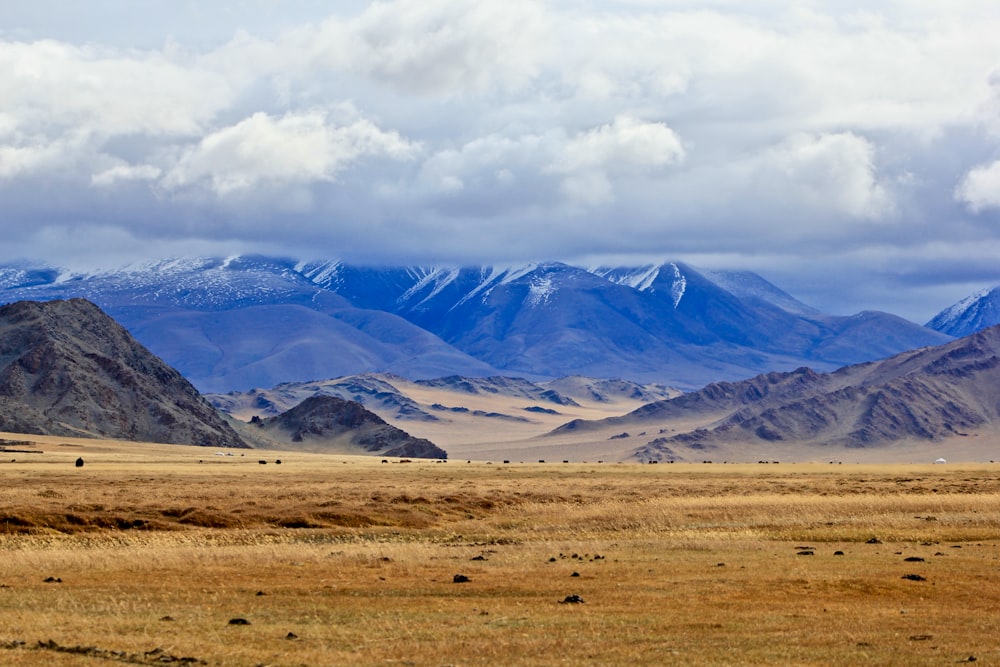
However, it would take a revolution (Russian revolution) and a coalition war (Russia and Mongolia as allies against China) and thousands of lives, before Mongolia was recognized as a sovereign state, the year was 1921.
Known for its vast green plains and clear climate, Mongolia is known as the “land of eternal blue skies”. The climate in the south is warmer, due to the Gobi Desert, and cold in the North and west. In between the vast untampered green plains offer the most unique landscape anywhere in the world.
Demographic changes
According to the Mongolian immigration authority, as of 2016, around 42,000 immigrants from 128 countries resided in Mongolia. A huge part of the immigrant population is from China, Russia, and other central Asian countries. Whether it is by design or due to its ancestral ties, the Mongolian population is deeply attached to its nomadic ways of life.
As a result, only a few urban cities have modern economic activities. Additionally, the wave of immigrants in the country has shifted the balance between urban and rural populations. Ulaanbaatar, the capital of the country, is heavily populated. The polarization of the rural population towards the city has tipped the scale further.
Visas for Mongolia
Traveling to Mongolia requires a person to obtain a visa before travel, except for visa-exempt countries. A visa can be applied for at a Mongolian embassy. The validity of a visit visa is 30 days, anyone planning to stay beyond 30 days, must get registered at the local immigration office within a week after arriving.
Strangely, a person leaving the country after three months must get an exit visa from the immigration office in Ulaanbaatar, the process usually takes 10 days. In recent years the visa policy in Mongolia has been relaxed and the country is striving for a share in the global tourism business.
Requirements to obtain a visa
An applicant of a visa must have a passport with at least 3 months validity. In case of a visit visa application; itinerary, hotel reservations, and purpose of visit must also be mentioned.
Obtaining a business visa requires an approval/invitation letter from a Mongolian citizen or organization inviting the person. Additionally, the processing of a business visa commences once the Ministry of Foreign Affairs and the Immigration Agency have approved the application, the latter applies to all types of visa applications.
Important laws affecting the immigrants
Given that Mongolia is a country sandwiched between 2 of the biggest iron-clad communist countries, it comes as no surprise that the laws are stricter and more rigidly implemented had the geography been any different for the country. Some very important regulations to keep in mind are:
- The foreign spouse of a Mongolian citizen cannot own land in Mongolia.
- Mongolians are, by law, prohibited to sell, transfer, or allow possession in any way to a foreign national.
- If a Mongolian citizen is found in any of the above acts, the land is seized and maintained as the state’s land or state trust.
- Foreigners or immigrants can neither reside nor make use of land areas marked by the state as “Special” due to security reasons. It is given that the resident must be aware of or shall make him/herself aware of such areas before moving in.
- A person who owns a residence in Mongolia and stays in Mongolia for more than 180 days is considered a permanent resident and hence subject to pay taxes.
As stated earlier, Mongolia is far behind even in the developing countries list, hence one must not be expecting smooth operations and swift procedures. Having said that, Mongolia is an amazing place, where the divine nature of the Earth can truly be experienced!
Source:

